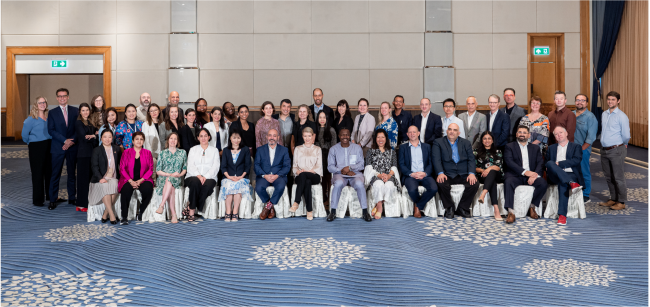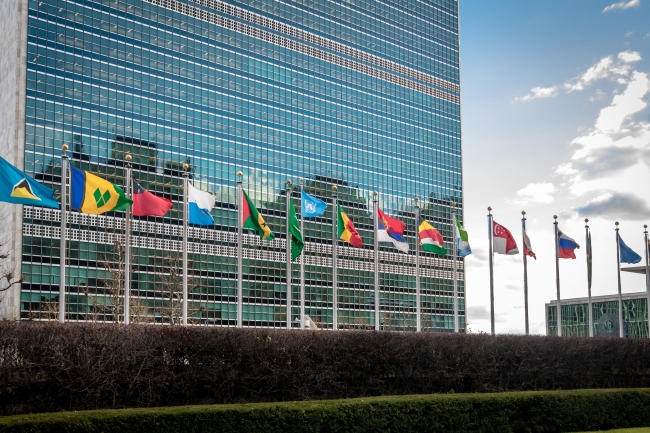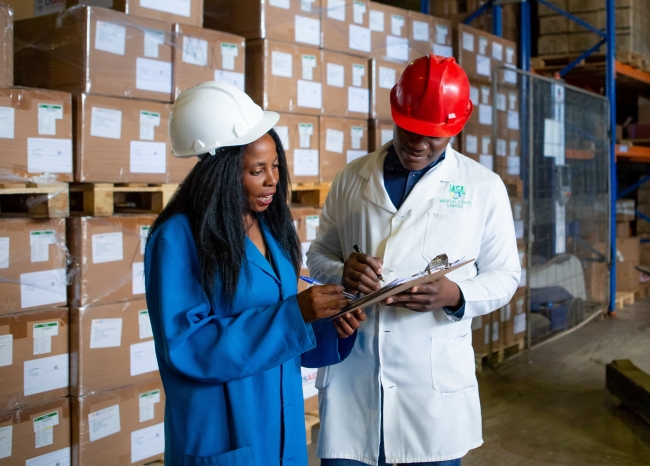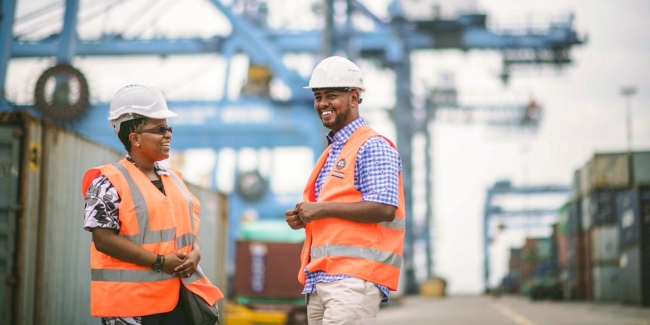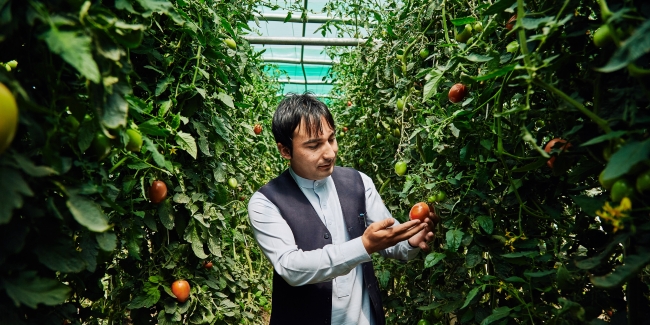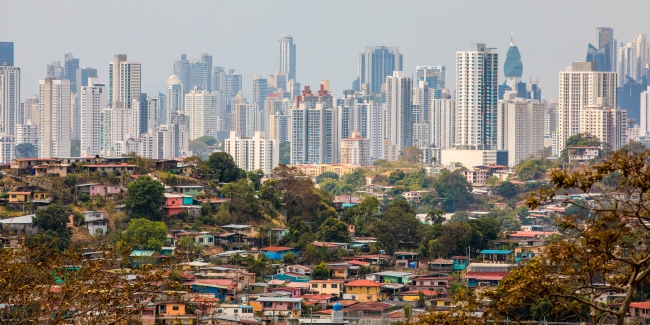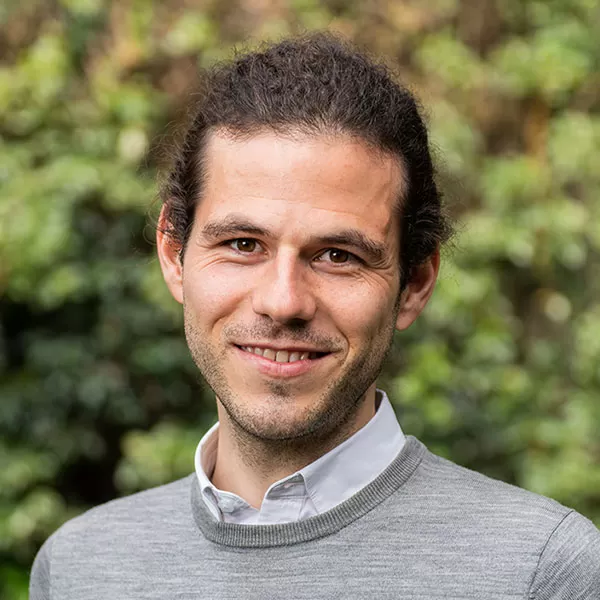Africa's Investment Landscape Awaits Global Action
11 JUNE, 2025
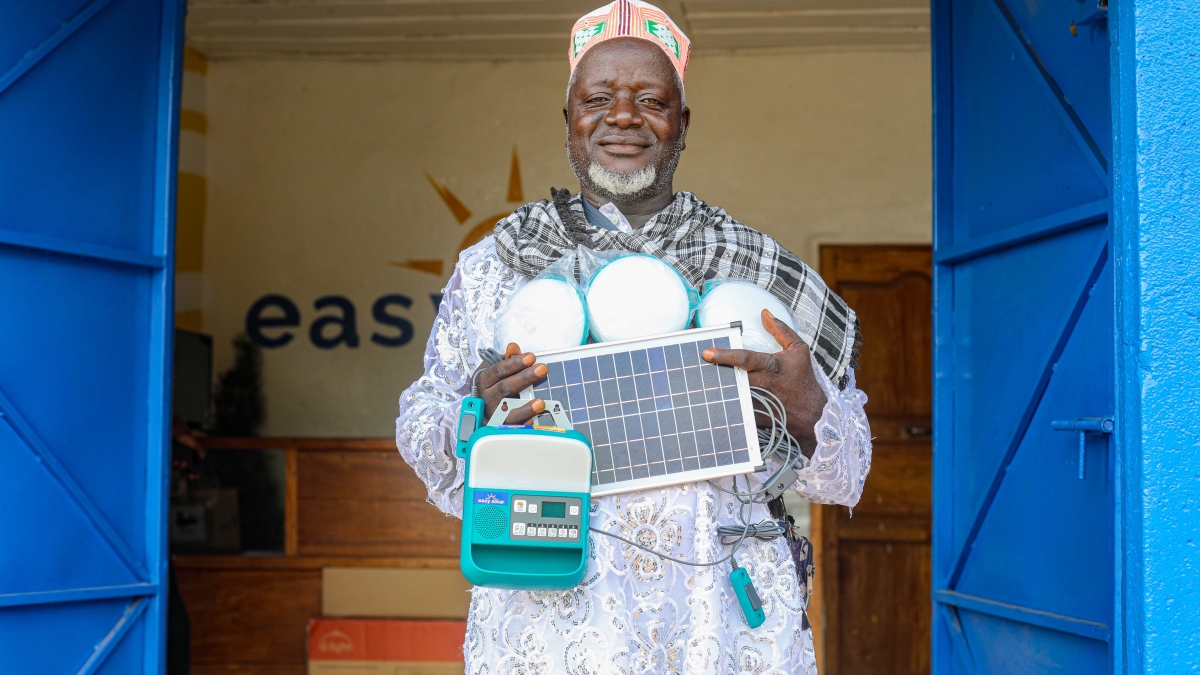
As the global community prepares to convene in Sevilla for the Fourth International Conference on Financing for Development (FFD4) later this month, one question looms large: how can we mobilize the capital needed to deliver sustainable development in a world of constrained public finance?
Africa offers a critical part of the answer.
This week, UNDP launched the Fourth Africa Investment Insights Report—a data-rich guide to 250 real, investable opportunities across 20 countries. These projects span sectors such as renewable energy, health care, agriculture and inclusive infrastructure. Each one combines strong commercial potential with measurable development impact.
This is not charity. It is strategic investment aligned with the United Nations Sustainable Development Goals (SDGs).
Yet unlocking these opportunities requires more than market potential. It demands enabling environments where capital can move efficiently and responsibly. That’s why this year’s report also identifies 53 “white spaces”—policy and regulatory gaps that, if addressed, could unlock billions in private investment and accelerate inclusive growth across the continent.
The timing is critical. African governments are navigating rising debt burdens and tightening access to concessional finance. This context makes private capital not only necessary, but urgent.
And yet, this moment also creates space for bold recalibration. With South Africa holding the G20 Presidency and FFD4 fast approaching, we have a rare opportunity to reset the global development finance narrative—placing African markets and domestic ecosystems at the center of the conversation. This includes shifting the dialogue from aid dependency to long-term investment partnerships that create value for people and planet.
Mobilizing private investment at scale also requires a rethinking of how global and domestic financial systems interact. As we look toward FFD4, it is vital to focus not only on mobilizing capital, but on aligning it with long-term development outcomes. That means investing in local capital markets, incentivizing patient capital, and ensuring coherence between investment policy, debt strategy, and national development plans. For Africa, structural transformation will depend on finance that is inclusive, transparent, and attuned to real economy needs.
At UNDP, we are seizing this opportunity. Through tools like the SDG Investor Maps, hosted on the SDG Investor Platform, and in collaboration with initiatives like timbuktoo, we are helping to activate investment ecosystems across the continent—connecting capital to innovation, and investors to impact.
The private sector’s role in financing sustainable development is no longer optional, it is essential. But we must also make the case that profit and purpose can go hand in hand. African markets offer credible returns without compromising on impact. By reducing risk, improving transparency and aligning investment flows with national development priorities and the SDGs, we can unlock finance that places people, planet and prosperity on equal footing.
The path to resilient, inclusive growth cannot be paved by public finance alone. It demands bold partnerships between governments, private investors, entrepreneurs and development actors.
Africa is ready. The question is: will the world respond?

